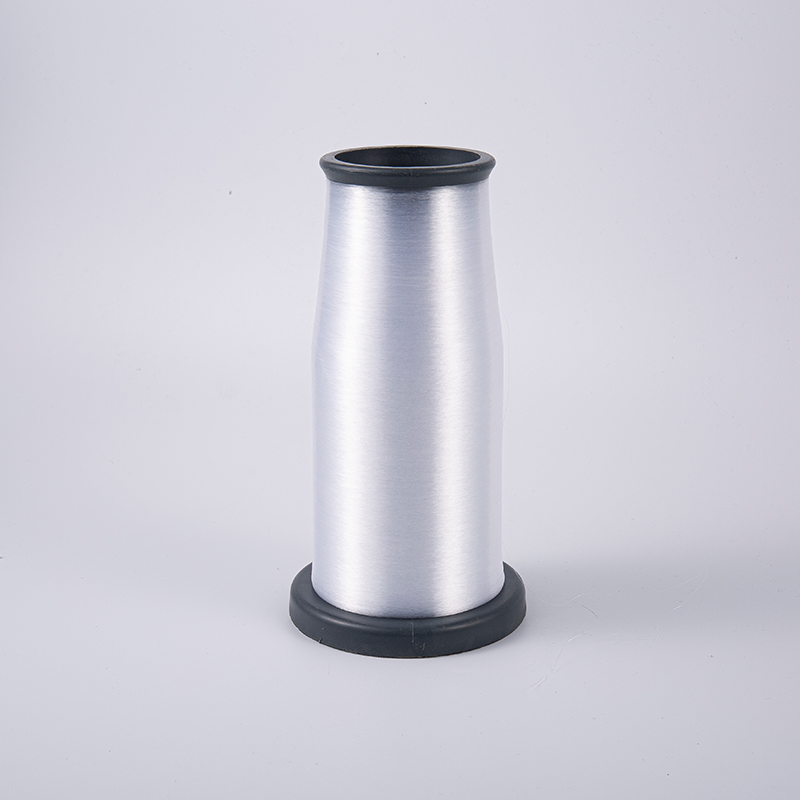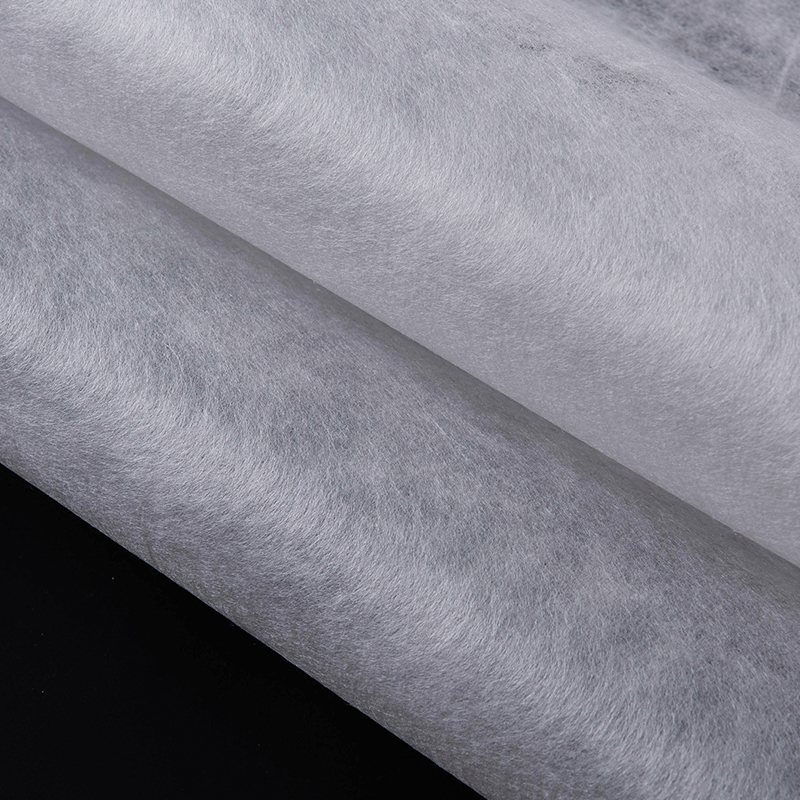

75/36 100% elastic yarn 20D Denier air-wrapped yarn: innovative technology improves fabric breathability
Jun 06,2025
Unraveling the Durability: Why Polyester Embroidery Thread Reigns Supreme
Jun 06,2025
The power of nonwovens: how non-woven fabrics impact modern life
Jun 06,2025
From strength to protection: Nylon cable performance and selection guide for various applications
Jun 06,2025
Creative Ways to Incorporate Sequin Yarn into Clothing Designs for Stunning Visual Effects
Jun 06,2025

Transparent Embroidery Polyester Thread: The Perfect Choice for Delicate Embroidery
2023-04-12
What technologies are needed for Embroidered non-woven fabric?
2023-04-25Your email address will not be published. Required fields are marked *
facebook twitter dribbble instagram
*Indicates a required field
Copyright © Shaoxing Qiufei Textile Technology Co., Ltd.  Custom Embroidery Thread Yarn Manufacturers
Custom Embroidery Thread Yarn Manufacturers
